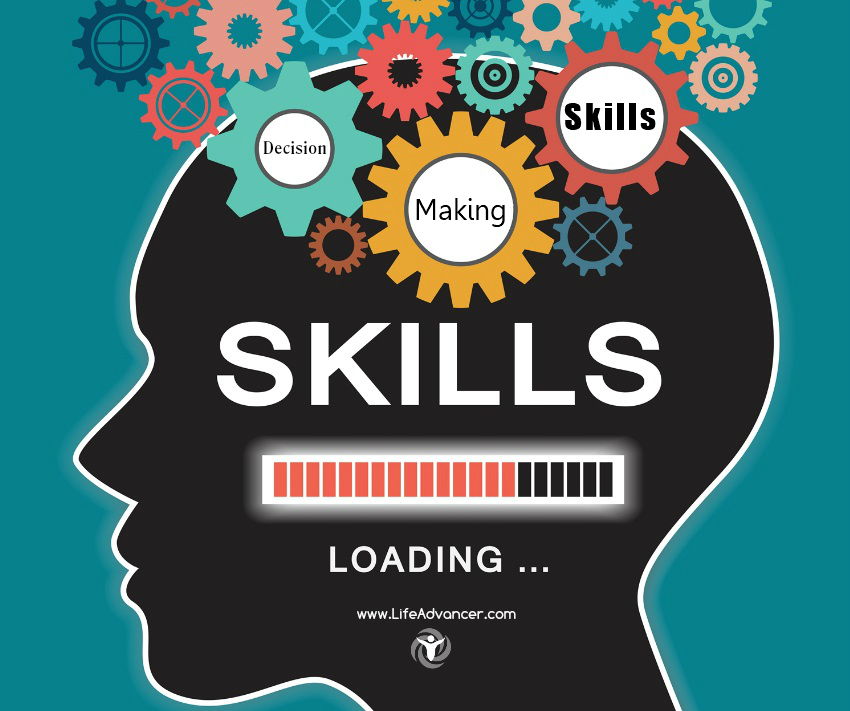Selecting Wisely: Strategies to Enhance Your Decision Abilities
Making determinations is an important part of our regular lives, affecting all aspects from our professional paths to our personal bonds. However, despite the importance of making decisions, many people face challenges with it, often being burdened by the variety offered or frozen by the fear of making the incorrect choice. In a world that demands quick thinking and effective resolution, honing the art of intelligent making decisions has never been more critical.
In this write-up, we will examine effective strategies to improve your decision making capabilities, leveraging insights from psychological research, logical thinking, and affective intelligence. We will discuss how to analyze options efficiently, make decisive choices under stress, and surmount common challenges like fatigue from decision making and getting stuck in overthinking. Whether you are a leader making tough calls, a professional navigating work options, or merely someone aiming to make better choices in life, the tools and techniques presented here will equip you to make determinations with precision and confidence.
Effective Techniques for Wise Choices
Forming smart decisions often depends on the capacity to analyze choices clearly and rationally. A effective technique is to employ decision-making models that assist structure thought processes. Tools like the Strengths, Weaknesses, Opportunities, Threats analysis or the Decision Grid can highlight the advantages and cons of each alternative, allowing you to weigh them against your principles and objectives. By structuring your ideas, you can distract from obstacles and concentrate on what genuinely matters, culminating in better informed and certain choices.
Another critical technique involves honning interpersonal awareness to enhance your decision abilities. Understanding your responses and those of others can offer significant understandings, especially in group contexts or when facing critical decisions. By staying aware of feelings-based factors, you can mitigate prejudices that may cloud your decision-making. Awareness of when doubt or excessive confidence may misguide you facilitates a more steady strategy, allowing you to form choices that align with both logic and emotional insight.
Lastly, cultivating regular habits that support decision-making abilities is crucial. Easy practices, such as allocating time for introspection on prior decisions or actively pursuing different opinions, can enhance your capability to evaluate scenarios critically. In the long run, these routines foster a attitude that welcomes progress and education, further improving your capacity for creating wise decisions under pressure. By putting these techniques into your everyday activities, you establish a firm base for forming better choices throughout your life.
The Psychology of Successful Decision-Making
Comprehending the mindset behind our decisions is essential for improving the art of decision-making. One fundamental aspect is the recognition of biases in thought that can obscure judgment. For instance, the tendency to favor information that confirms one's beliefs leads people to favor information that supports their pre-existing beliefs while disregarding contradictory evidence. Recognizing these biases can enable decision-makers to seek a more balanced perspective, ultimately leading to better choices.
Emotional intelligence also is crucial in optimal decision-making. The capacity to identify and manage an individual’s emotions, as well as to empathize with others, enables people to evaluate situations more holistically. This emotional adeptness can promote better decision-making in pressurized environments, allowing for decisions that are more in harmony with both individual beliefs and the broader implications for those involved.
Moreover, the context in which decisions are made can affect consequences. High-stress environments may cause impulsive decisions, while calmer settings encourage deeper analysis. Applying mindful strategies can help nurture mental clarity, allowing people to approach decisions with greater attention and less anxiety. By establishing a conducive environment for decision-making, people can harness both intuition and rationality more effectively, achieving equilibrium that supports better outcomes in their choices.
Methods to Combat Decision Overwhelm
A useful approach to overcome choice overwhelm is to streamline your daily choices. Developing habits can help minimize the number of decisions you need to make daily. For example, planning your meals for the week or setting aside your clothes the night before can save mental energy. When you cut out trivial choices, you reserve your mental energy for more important decisions that need your complete focus and analytical skills.
Another strategy is to set time limits for decisions. By allocating Visit the website , you can prevent prolonged deliberation that often leads to indecision and fatigue. This approach encourages quicker decision-making and helps avoid the trap of over-analyzing options. By incorporating a sense of urgency, you motivate your mind to concentrate on key factors, allowing you to make more confident choices without becoming overwhelmed in excessive details.
Lastly, practice self-care to maintain your mental clarity. Consistent exercise, adequate sleep, and mindfulness practices can dramatically enhance your choice capabilities. When your mind is clear and focused, you are more prepared to handle complex choices without feeling overwhelmed. Incorporating these practices into your routine helps sustain your decision-making stamina, ultimately allowing you to make more effective choices with less stress.
